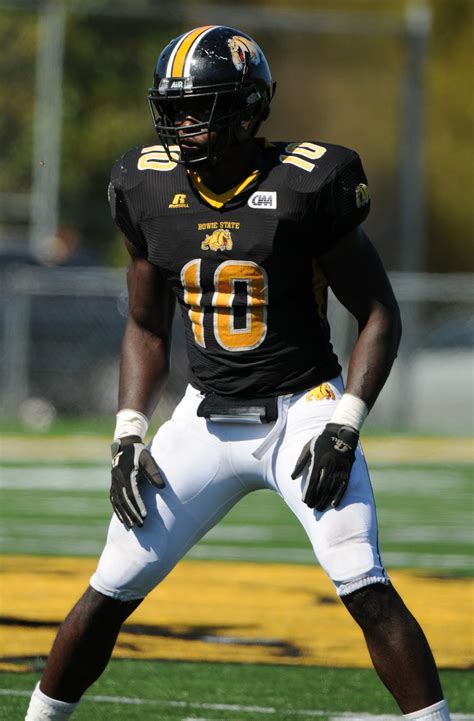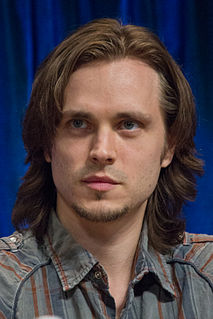A Quote by Edward Gibbon
Truth, naked, unblushing truth, the first virtue of all serious history, must be the sole recommendation of this personal narrative.
Related Quotes
Memoir is trustworthy and its truth assured when it seeks the relation of self to time, the piecing of the shards of personal experience into the starscape of history's night. The materials of memoir are humble, fugitive, a cottage knitting industry seeking narrative truth across the crevasse of time as autobiography folds itself into the vast, fluid essay that is history. A single voice singing its aria in a corner of the crowded world.
In order to be truthful
We must do more than speak the truth.
We must also hear truth.
We must also receive truth.
We must also act upon truth.
We must also search for truth.
The difficult truth
Within us and around us.
We must devote ourselves to truth.
Otherwise we are dishonest
And our lives are mistaken.
God grant us the strength and the courage
To be truthful.
Amen
I must say a few words about memory. It is full of holes. If you were to lay it out upon a table, it would resemble a scrap of lace. I am a lover of history . . . [but] history has one flaw. It is a subjective art, no less so than poetry or music. . . . The historian writes a truth. The memoirist writes a truth. The novelist writes a truth. And so on. My mother, we both know, wrote a truth in The 19th Wife– a truth that corresponded to her memory and desires. It is not the truth, certainly not. But a truth, yes . . . Her book is a fact. It remains so, even if it is snowflaked with holes.
It is too often believed that a person in his progress towards perfection passes from error to truth; that when he passes on from one thought to another, he must necessarily reject the first. But no error can lead to truth. The soul passing through its different stages goes from truth to truth, and each stage is true; it goes from lower truth to higher truth.
For history, I say again, has this and this only for its own: if a man will start upon it, he must sacrifice to no God but Truth; he must neglect all else; his sole rule and unerring guide is this - to think not of those who are listening to him now, but of the yet unborn who shall seek his converse.
A man must first of all understand certain things. He has thousands of false ideas and false conceptions, chiefly about himself, and he must get rid of some of them before beginning to acquire anything new. Otherwise the new will be built on a wrong foundation and the result will be worse than before. To speak the truth is the most difficult thing in the world; one must study a great deal and for a long time in order to speak the truth. The wish alone is not enough. To speak the truth one must know what the truth is and what a lie is, and first of all in oneself. And this nobody wants to know.
The Bible is a wonderful book. It is the truth about the Truth. It is not the Truth. A sermon taken from the Bible can be a wonderful thing to hear. It is the truth about the truth about the truth. But it is not the truth. There have been many books written about the things contained in the Bible. I have written some myself. They can be quite wonderful to read. They are the truth about the truth about truth about the Truth. But they are NOT the Truth. Only Jesus Christ is the Truth. Sometimes the Truth can be drowned in a multitude of words.
Let me be the first to admit that the naked truth about me is to the naked truth about Salvador Dali as an old ukulele in the attic is to a piano in a tree, and I mean a piano with breasts. Senor Dali has the jump on me from the beginning. He remembers and describes in detail what it was like in the womb. My own earliest memory is of accompanying my father to a polling booth in Columbus, Ohio, where he voted for William McKinley.






































